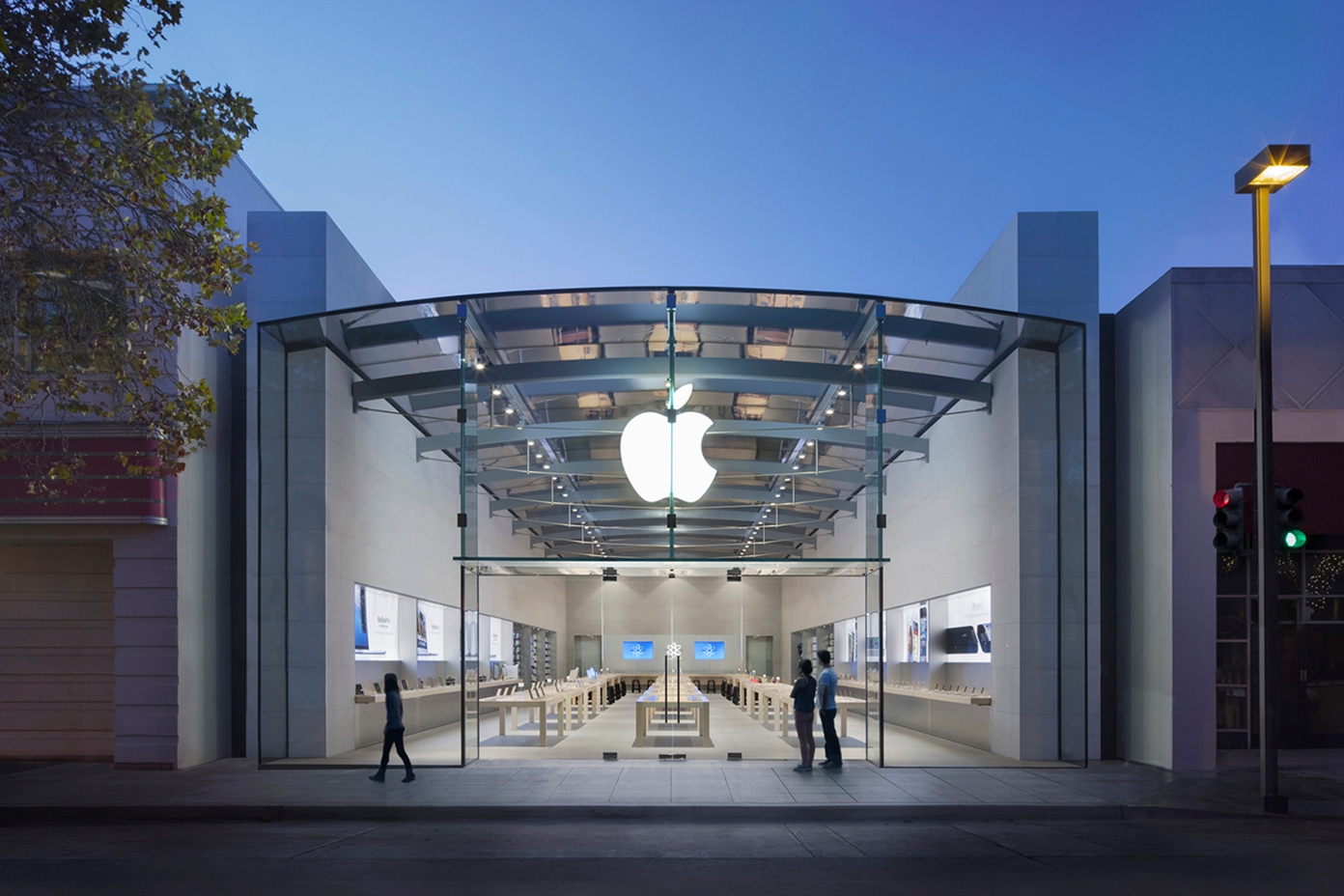
Apple is not shy about disabling developer accounts when it feels like it has the right to. And it has stretched that muscle again.
According to BuzzFeed News, Apple has disabled the developer account of Clearview AI, a company based out of New York City, New York. Clearview AI makes it known right out of the gate that it is a company that searches available resources on the “open web” to find “publicly available images” to aid law enforcement agencies find individuals.
In a profile of the company published by The New York Times recently, Clearview AI apparently has a database of three billion images, the majority of which were scraped from the likes of Facebook and other social networking platforms.
According to this report, Clearview AI has violated rules related to the enterprise certification program. This program is in place for large companies, like Clearview AI, to release certain versions of apps to its employees for internal use only. However, that’s not what Clearview AI was doing. The report indicates the company was sending out its facial recognition app to more than 2,200 public and private entities.
That includes to Walmart, the National Basketball Association (NBA), Macy’s, and Immigration and Customs Enforcement.
This process can bypass the App Store, something that’s regularly frowned upon by Apple. So it’s not surprising to hear that Clearview AI has had its developer account disabled. Clearview AI’s iPhone app is also disabled. Clearview AI has 14 days to respond to Apple in an effort to fix the violations and get its developer account reactivated.
Clearview AI’s spokesperson said they are speaking to Apple now:
We are in contact with Apple and working on complying with their terms and conditions,” Clearview AI CEO Hoan Ton-That said in a statement. “The app can not be used without a valid Clearview account. A user can download the app, but not perform any searches without proper authorization and credentials.
It is also worth noting, in light of the fact that Clearview AI has so many facial images in its library, that the company recently had its client list stolen (via CNN) by an intruder who gained access.
If all of this sounds pretty familiar, it’s because Google and Facebook both ran afoul of this last year. Apple was relatively quick to restore each company’s internal apps usage, though. It will be interesting to see how quickly Clearview AI’s efforts are restored, if they are at all.